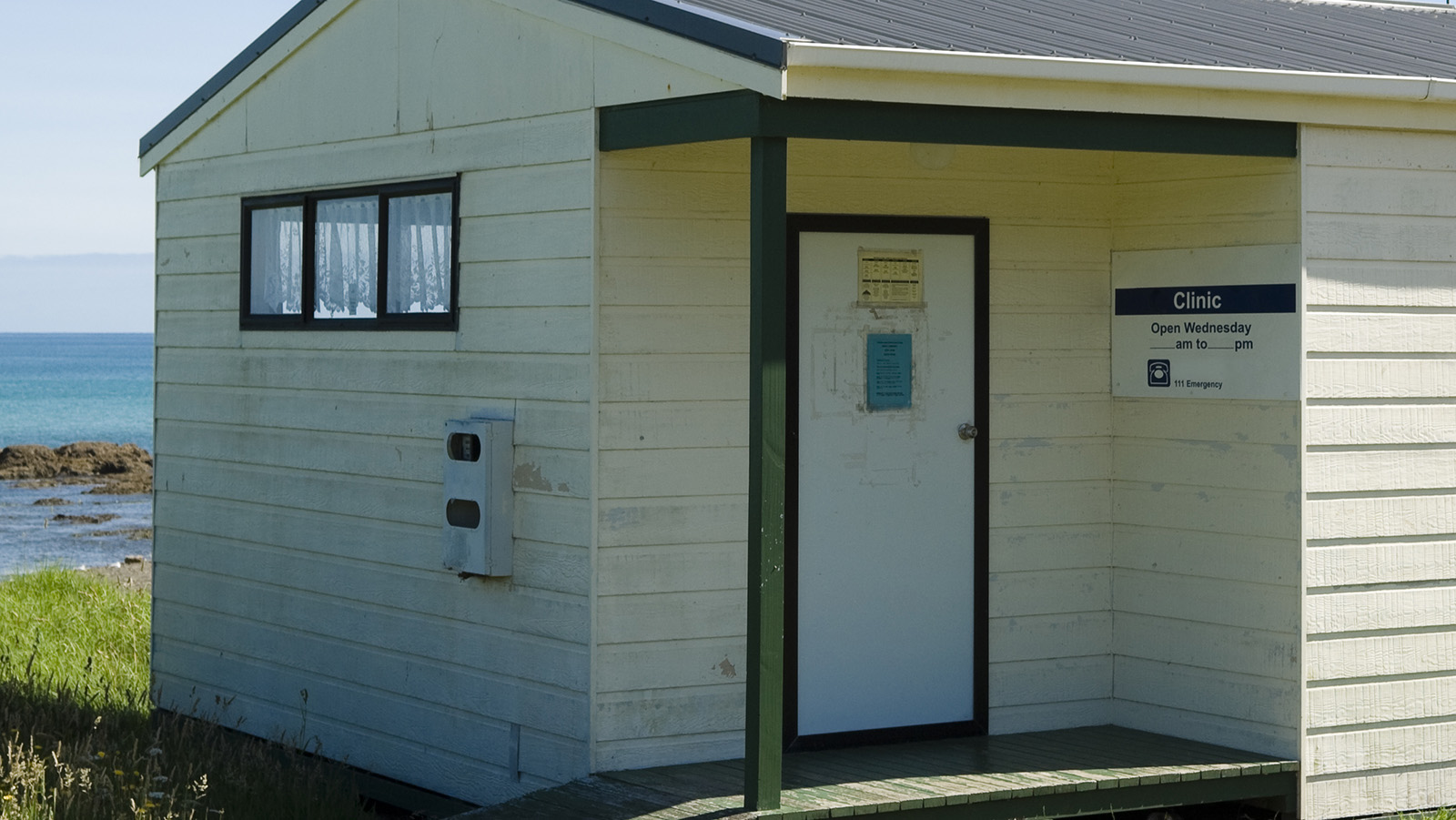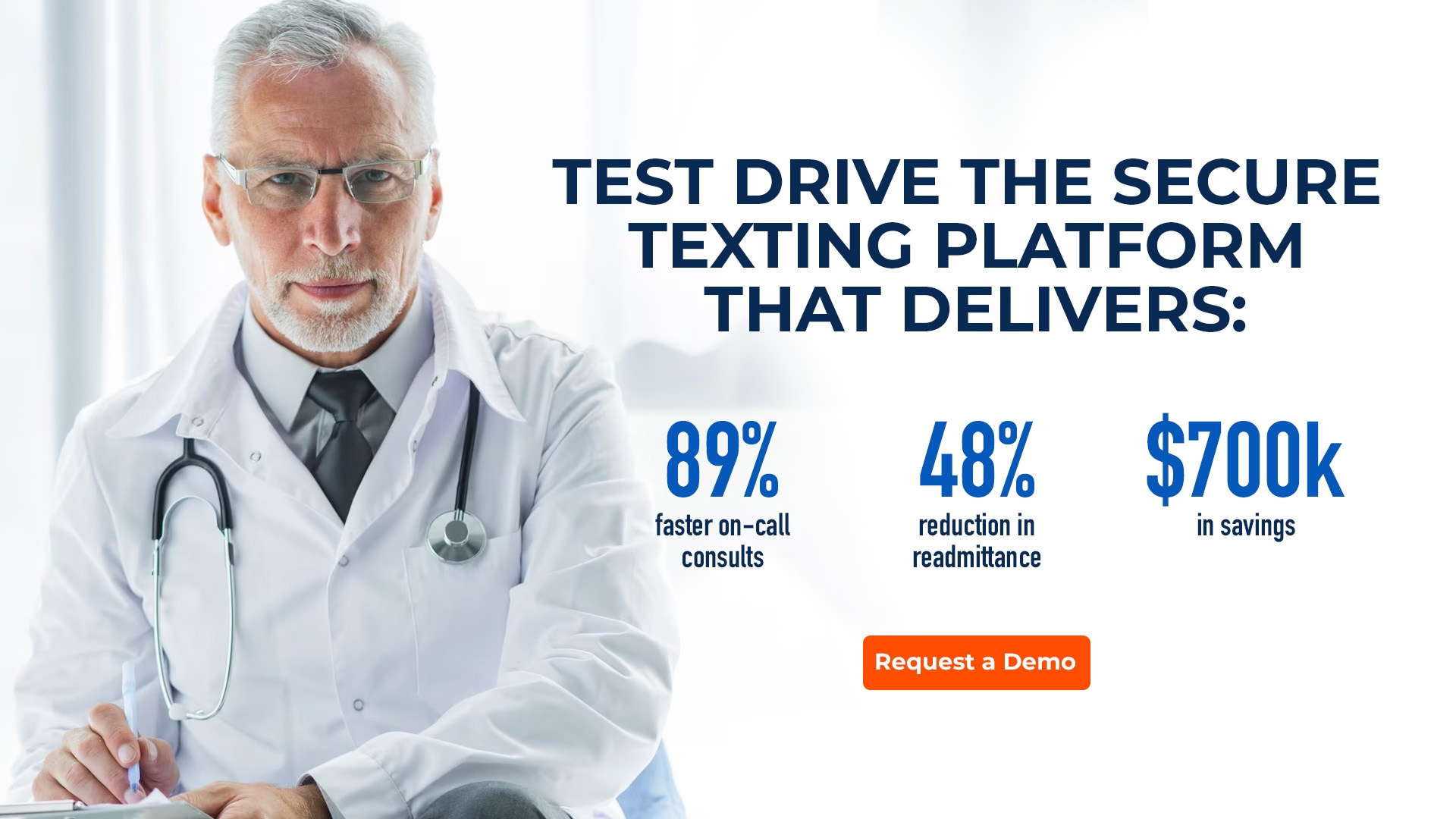Rural hospitals: challenges to healthcare access

Rural areas may offer a lower cost of living than cities or suburbs, but for rural patients there is a major challenge: access to healthcare.
According to the American Hospital Association, while rural hospitals serve as the key care provider for almost 20% of Americans, and are often the largest employer in their areas, many are struggling financially. Between 2005 and 2022, there were 181 rural hospital closures. In fact, about two-thirds of hospital closures have been in rural areas. One-third of those shuttered hospitals were located over 20 miles away from the next hospital.
Social determinants of health issues in rural areas
Experts writing for the Health Affairs blog cite statistics that rural areas in the United States have a lower life expectancy and worse health outcomes compared to cities. Social determinants of health such as education, poverty, and a lack of transportation options are strong predictors of mortality risk in these populations. Additionally, rural populations often have older patients, higher rates of substance use, mental health conditions, and a greater burden of chronic disease.
Telehealth challenges in rural hospitals
During the COVID-19 pandemic, telehealth has become a crucial means for delivering healthcare to rural areas. However, according to a post by the Rural Health Information Hub, inadequate communication infrastructure is a challenge to delivering telehealth.
The Rural Health Information Hub reports that “Many rural communities do not currently have access to internet connection speeds which support telehealth services. The broadband gap has the potential to lead to a new set of health inequities due to disparate access to telehealth.”
Compounding the challenge of rural telehealth access is the digital divide between rural and non-rural communities. According to the Pew Research Center, “Rural adults remain less likely than suburban adults to have home broadband and less likely than urban adults to own a smartphone, tablet computer or traditional computer.
How modern messaging platforms can help
Modern messaging platforms for healthcare can mitigate broadband issues by providing options for different communication channels. For example, Backline offers options for communication with patients by video, voice, and text, all on one platform. And for patients who have difficulty with digital access, providers using Backline can set up virtual appointments without the patient needing an app.
About Backline
Headquartered in Indiana, Backline is the one secure messaging provider that understands the unique challenges of rural health systems. The CMO of a leading rural health system said “Because we use Backline for both inpatient and outpatient virtual visits, our patients get the care they need safely and efficiently.”
In addition to providing secure communications and telehealth, we deliver a virtual workspace that brings together providers to collaborate across units and disciplines.




